The Metro franchise has never failed to impress so far, and though it remains to be seen how long we’ll be waiting for its next mainline instalment, those who’re craving more Metro do have Metro Awakening to turn to. Developed by Vertigo Games exclusively for VR devices, Metro Awakening is promising a tense, immersive, and authentic Metro experience, while also telling an original story penned by Metro author Dmitry Glukhovsky himself.
Out now for Meta Quest 2 and 3, PS VR2, and SteamVR, the first-person shooter has obviously turned a few heads, and to learn more about it and how it translates the Metro formula to the VR medium, we recently had the chance to send across some of our questions about the game to its developers. Below, you can read our interview with game director Samar Louwe.
NOTE: This interview was conducted prior to the game’s launch.
"The Metro series has always thrived on immersion, and immersion is also at the core of VR, so it was a natural fit."
As a franchise, Metro has always been focused on immersing players in their settings while delivering top notch graphical presentation. Was that what led to exploring making a VR game in the series, given how well suited that sort of an experience could potentially be to virtual reality?
Definitely. As you said, the Metro series has always thrived on immersion, and immersion is also at the core of VR, so it was a natural fit. VR can take this to a whole new level—putting players right in the heart of the Metro tunnels, surrounded by the eerie atmosphere and the threats lurking in the dark. The combination of VR’s unique capabilities and the storytelling depth of Metro really excited us.
What other VR games, if any, did you draw inspiration from?
Even though it’s almost 5 years old, Half-Life: Alyx is still very relevant. At the time it showed the VR industry how it was done. Now, it’s still what new games will be compared to when they are released. But we also have a pool of knowledge to draw from in-house. When the team was done with Arizona Sunshine 2 they were able to jump in and help us out with all the lessons they had learned.
Metro Awakening is the first game in the series not developed by 4A Games. How connected to those other titles is it? Did you get the chance to collaborate with them on this title?
We collaborated with 4A Games throughout development. They provided us with assets and references from the mainline series, which helped ensure that we stayed true to the essence of the games.
What has the experience of working with Metro author Dmitry Glukhovsky been like? How heavily has been involved with the game’s development?
Working with Dmitry Glukhovsky has been an invaluable experience. Right from the start, we reached out to him to make sure the story would feel authentic to the Metro series. He ended up surprising us by crafting something really personal and emotional. That direction pushed us to go all in on a story-driven approach, putting character development right up there with atmosphere and gameplay. Dmitry brought such depth to Metro Awakening, helping us create something that feels true to the Metro world but also fresh and introspective in a way we hadn’t initially expected.
"We collaborated with 4A Games throughout development. They provided us with assets and references from the mainline series, which helped ensure that we stayed true to the essence of the games."
How easy was it to translate a complex console FPS to the different input and controls of VR?
It definitely required a shift in thinking. In VR, players aren’t just pressing buttons—they’re physically interacting with the world, which meant reimagining core actions like aiming, shooting, and even putting on a gas mask to feel natural and immersive. We worked closely with our gameplay team from the start to fine-tune these interactions until everything felt responsive and true to the Metro universe. It was challenging, but the result is an experience where every action feels immediate and engaging, making the world come to life in a whole new way.
Will Metro Awakening be a largely linear experience like the series’ earlier entries, or can players expect some elements of open-ended exploration similar to Metro Exodus?
The way Exodus ventured into new territory with its open world structure was a great step for the mainline games, it elevated the game to new heights. As a player I thoroughly enjoyed playing through it. But the story in Exodus is also about Artyom venturing out, escaping the Moscow metro system, on a quest to see what more is out there. Whereas the story Dmitry wrote for Metro Awakening is much more targeted: you must find your wife. So, it was only logical not to distract our players (and protagonist) with open-ended areas. Additionally, since this is a story that’s set before the events of 2033, it made a lot more sense to stick to the original setting.
The charm of the earlier games is also a very good fit for the immersive nature of VR. The confined spaces in the Moscow underground allowed for the pressing and inescapable atmosphere that we knew was going to be successful for our medium.
The Metro franchise has always been particularly effective at delivering its own brand of unique, post-apocalyptic horror. How have you approached translating that to a VR experience with Metro Awakening?
Our approach has been to amplify Metro’s unique sense of tension and dread through VR’s immersive capabilities. Spatial audio, dynamic lighting, and physical interactivity are all key to creating an atmosphere that keeps players on edge. VR lets players engage directly with the environment, whether it’s wiping fog off their gas masks or navigating through dark, claustrophobic tunnels. By bringing players directly into these intense moments, we’re creating an experience that feels immediate and visceral heightening both the fear and the wonder that Metro is known for. This is Metro at its most intimate.
"We worked closely with our gameplay team from the start to fine-tune these interactions until everything felt responsive and true to the Metro universe. It was challenging, but the result is an experience where every action feels immediate and engaging, making the world come to life in a whole new way."
Roughly how long will an average playthrough of the game be?
It varies depending on the player’s approach and style—something we’re already seeing with players who have access to the Deluxe Edition—but on average, a playthrough should take around 10 hours.
Metro Awakening is targeting all major VR platforms at launch. How has the experience been working on these three very different takes on VR at the same time?
It was a conscious decision to ensure we delivered a consistent experience across PC VR, Meta Quest and PlayStation VR2, while still allowing for certain areas to shine on higher-end platforms like PC and PlayStation. So, it has been both a challenge and an opportunity. Higher-end systems let us implement advanced rendering and lighting for enhanced visuals, while Meta Quest pushed us to innovate in performance optimization. Our technical teams have collaborated closely, balancing fidelity and performance, and ensuring the game looks and plays its best on every platform. It’s been a rewarding journey that’s pushed us to be creative and adapt, making the most of what each platform has to offer.

 1 month ago
80
1 month ago
80
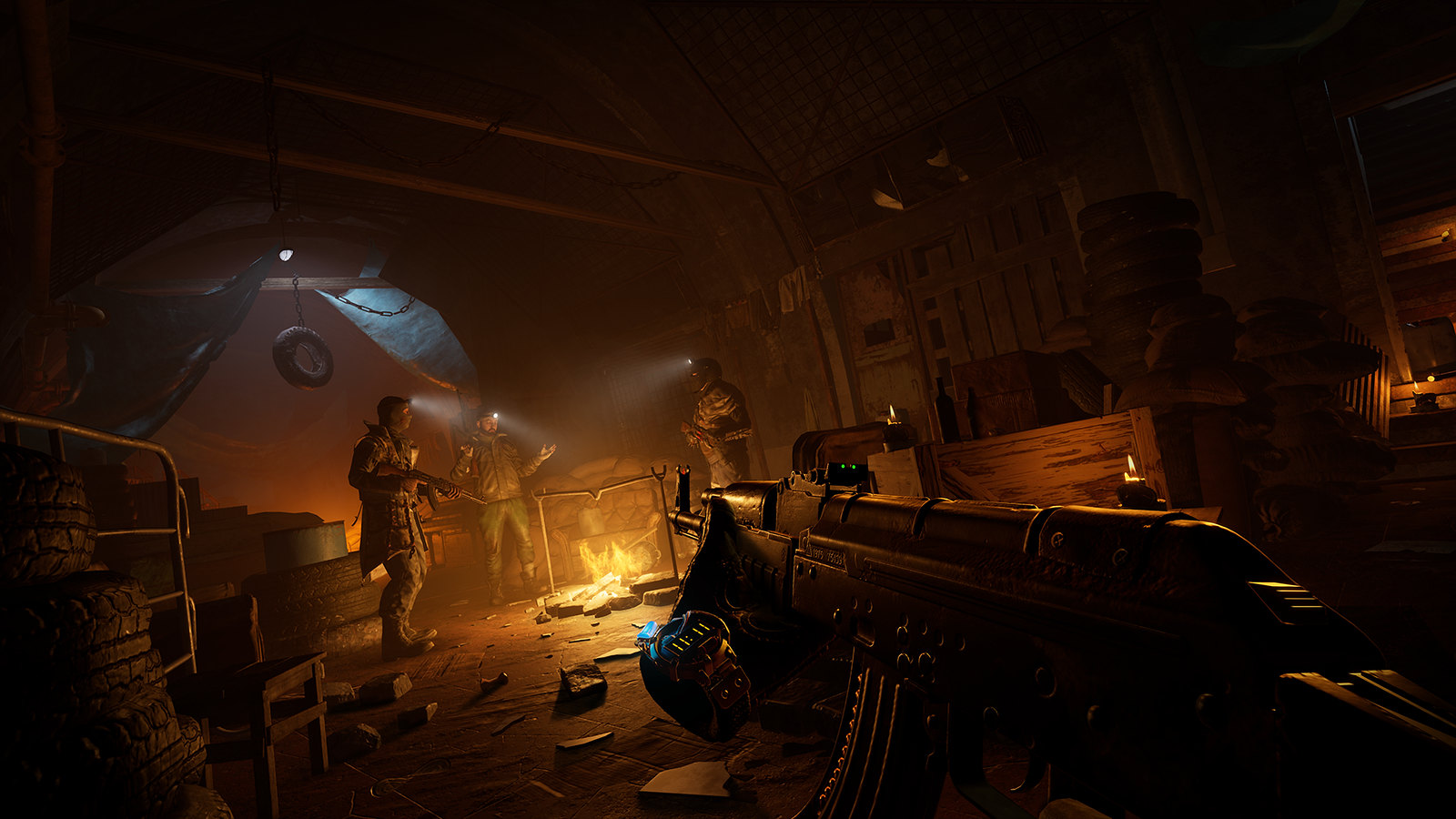
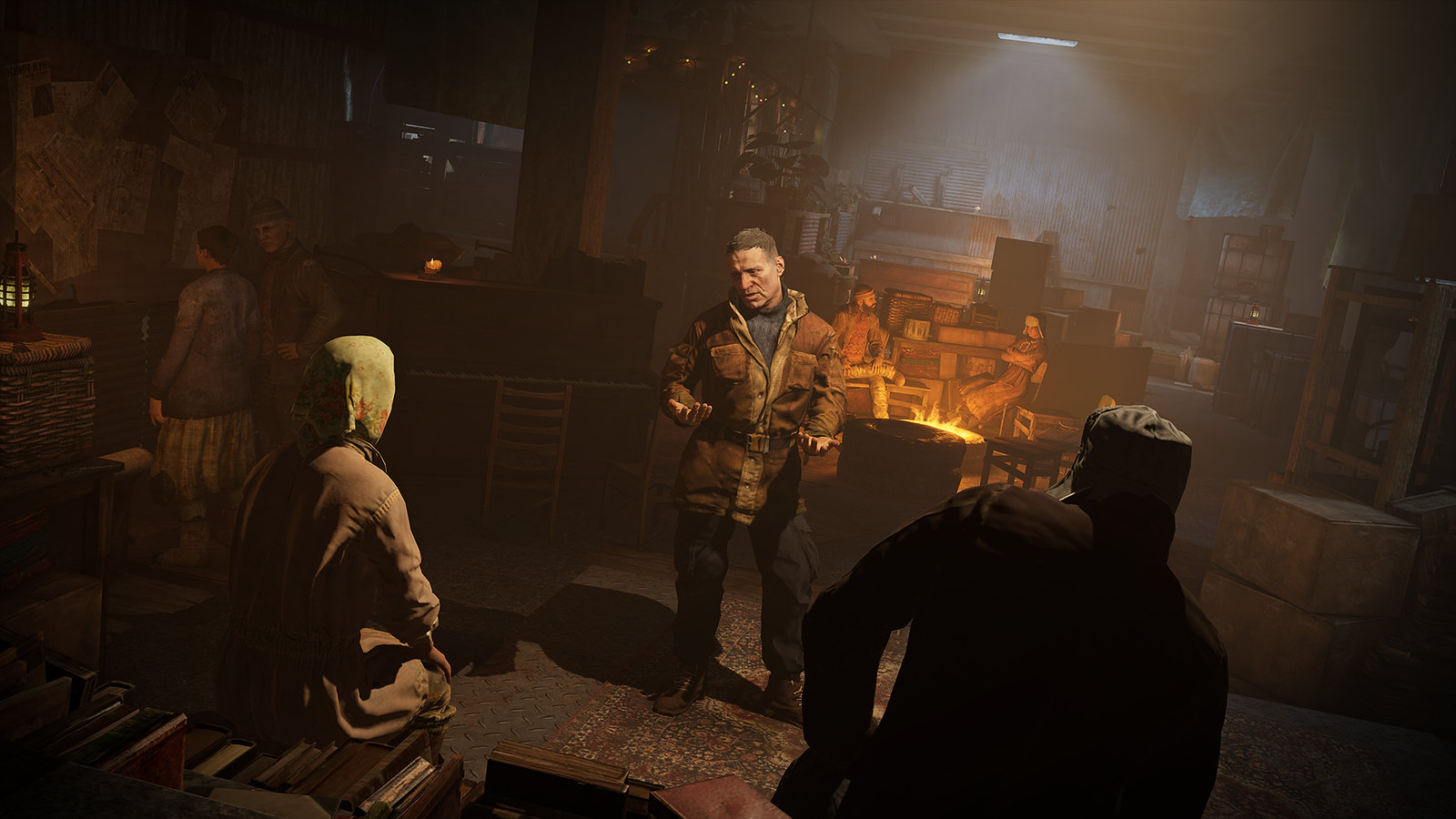
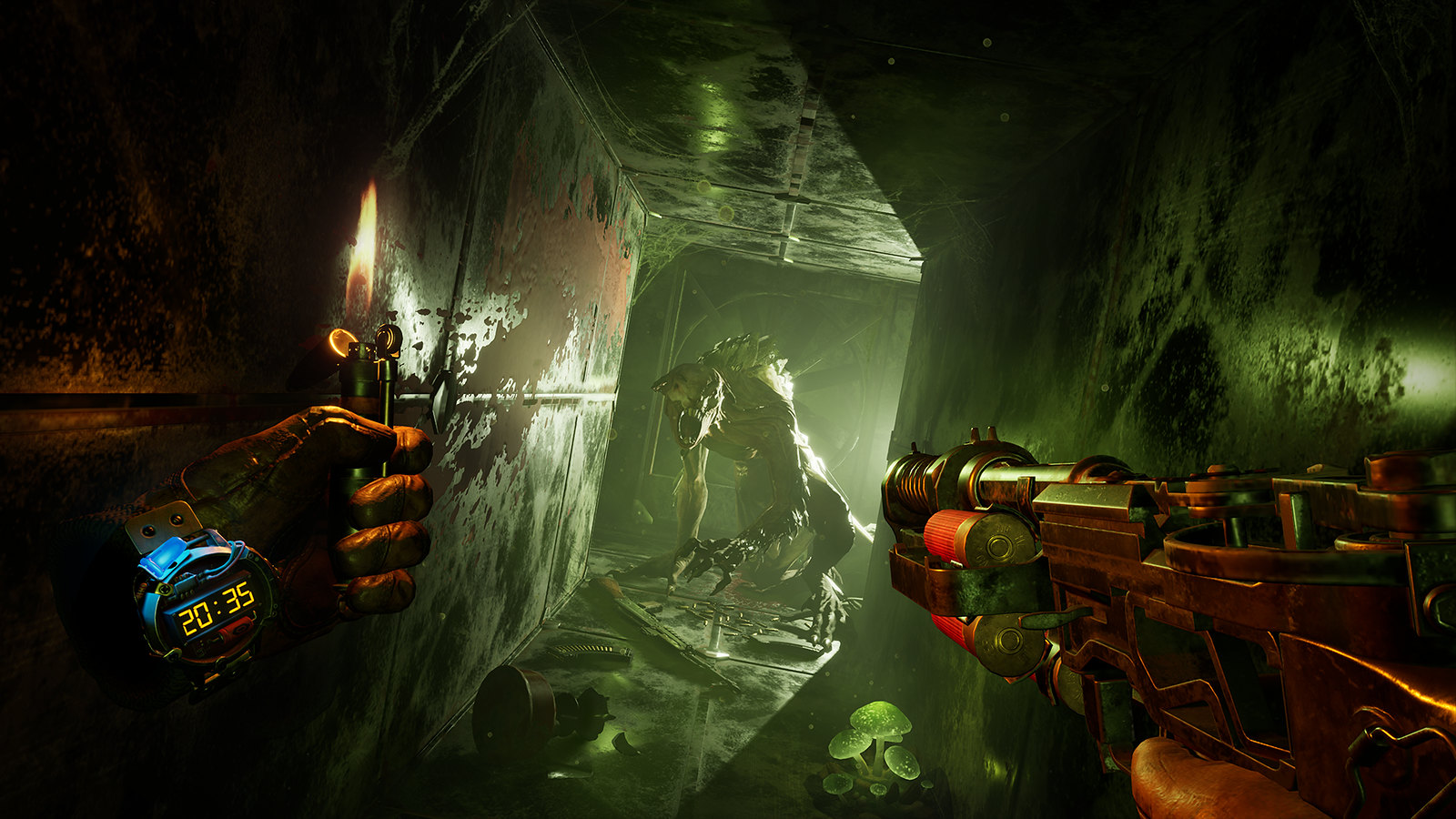
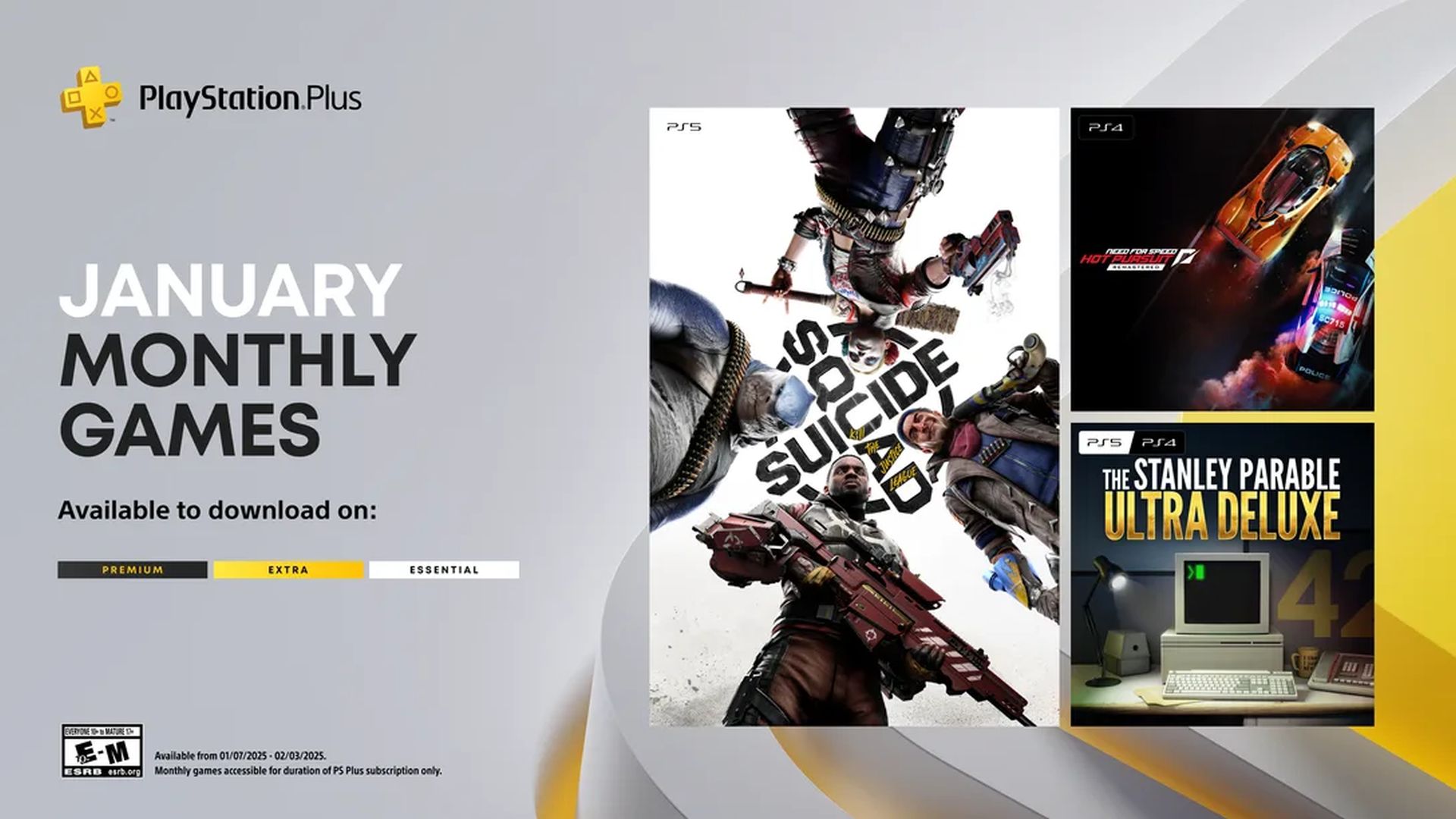
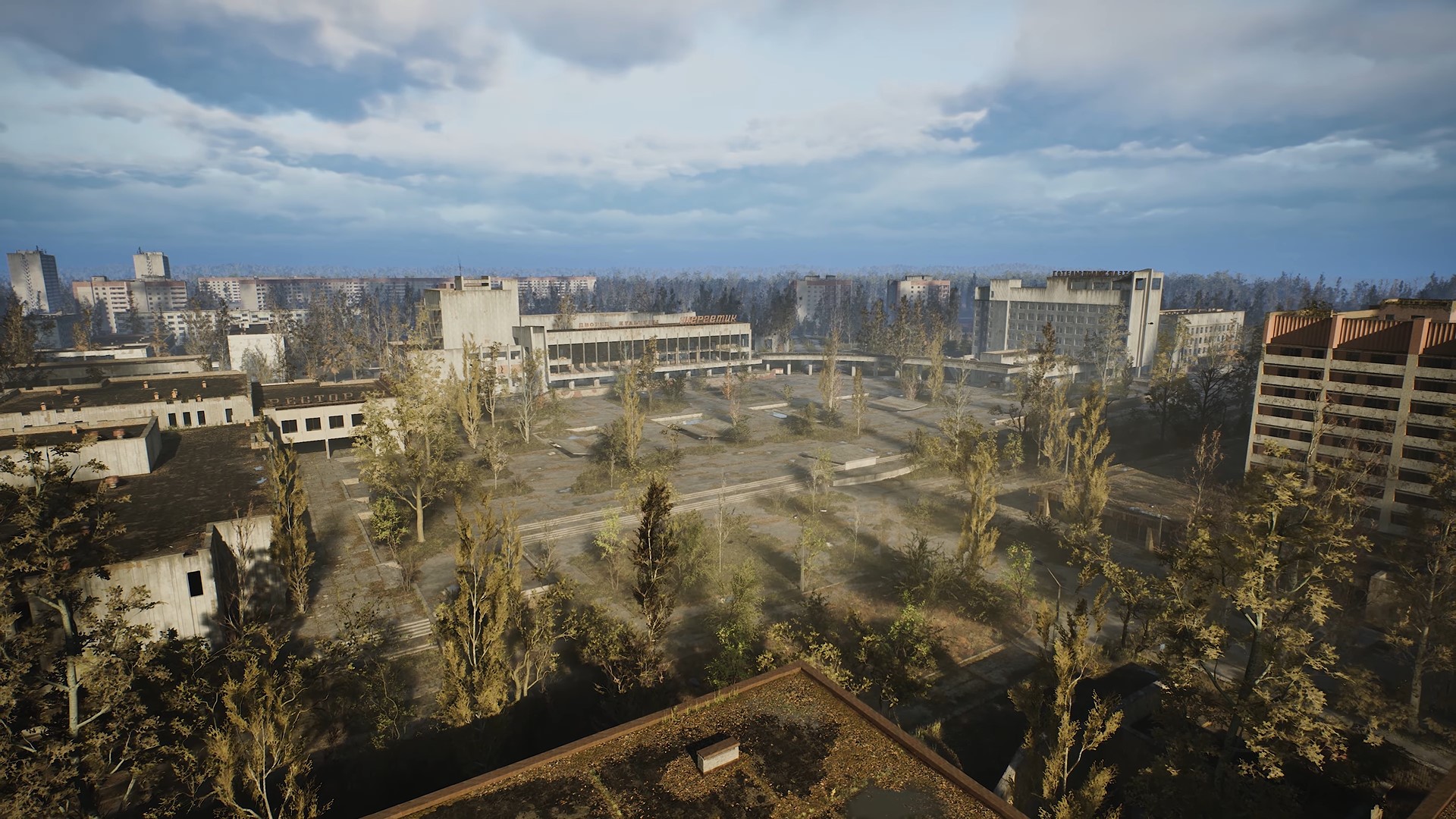
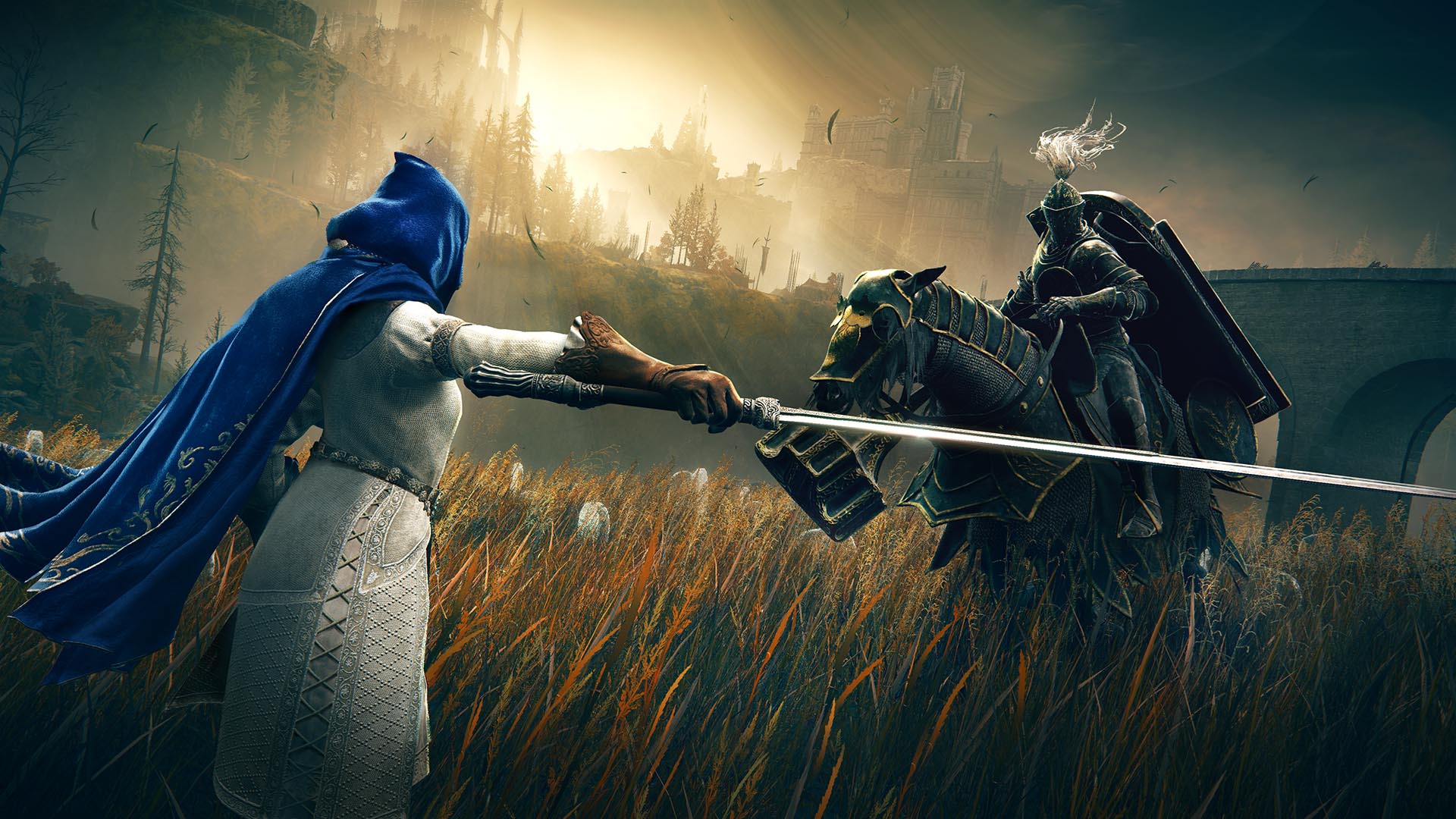
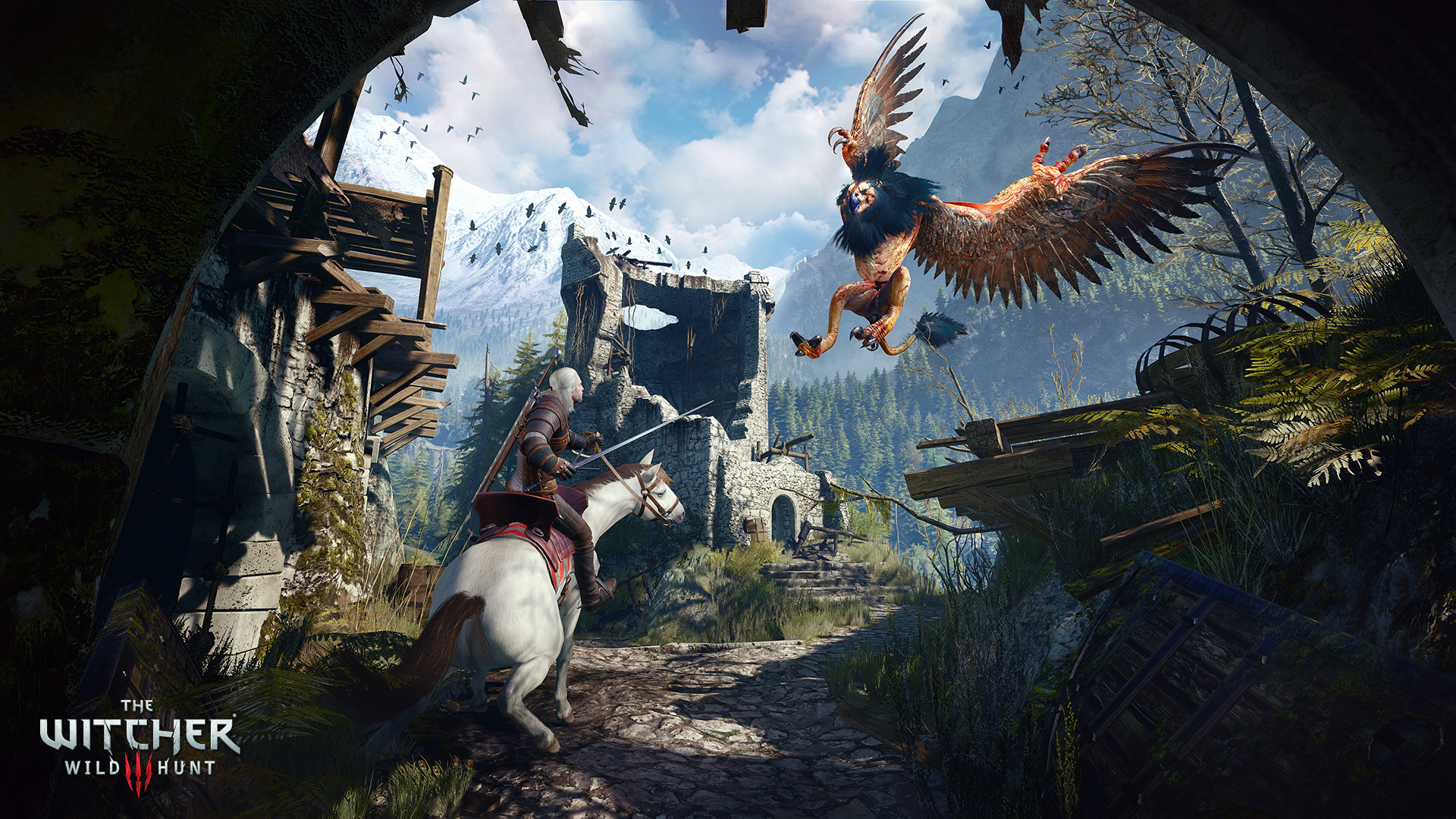



![Anime Reborn Units Tier List [RELEASE] (November 2024)](https://www.destructoid.com/wp-content/uploads/2024/11/anime-reborn-units-tier-list.jpg)
